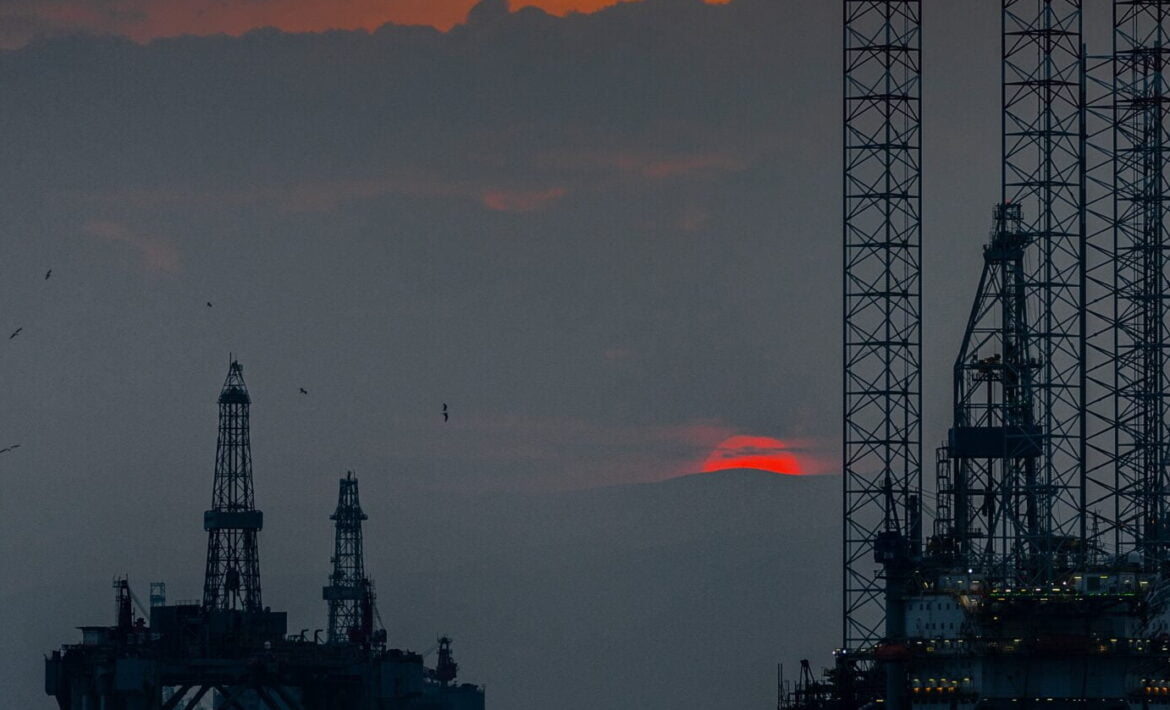
The #StopRosebank And #StopCambo Campaigns
Rosebank, if approved, would create more CO2 (through burning oil and gas) than the combined emissions of all 28 low-income countries in the world, including Uganda, Ethiopia and Mozambique.

Rosebank, if approved, would create more CO2 (through burning oil and gas) than the combined emissions of all 28 low-income countries in the world, including Uganda, Ethiopia and Mozambique.
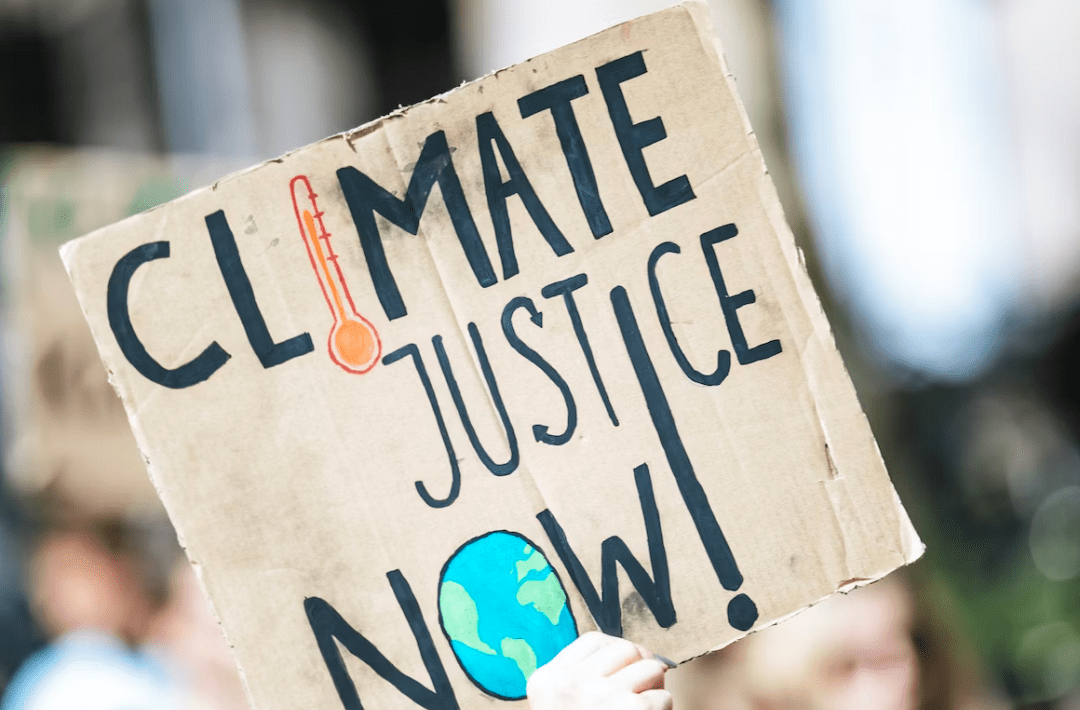
In a historic unanimous resolution the UNGA asked the ICJ to clarify what are states’ obligations to combat the climate crisis Pacific island students originated and fought for this, eventually getting more than 120 states on board While not binding, the ICJ’s opinion can provide an important argument in future climate litigation cases and encourage governments’ to strengthen their climate action
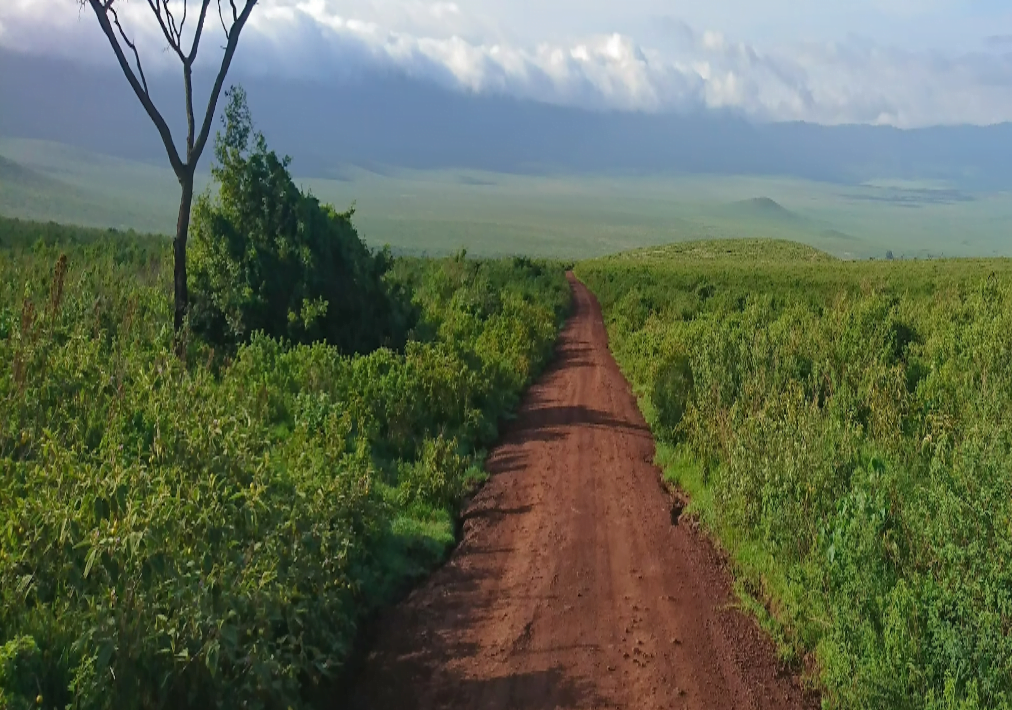
The East African Crude Oil Pipeline (EACOP) is a 1,443 km heated and buried pipeline that will export oil from Hoima in Uganda to Tanga port in Tanzania. The EACOP will cost an estimated $3.5 billion to construct The construction of the pipeline has been controversial owing to environmental and social impacts, as well as concerns about the negative effects of fossil fuel use.
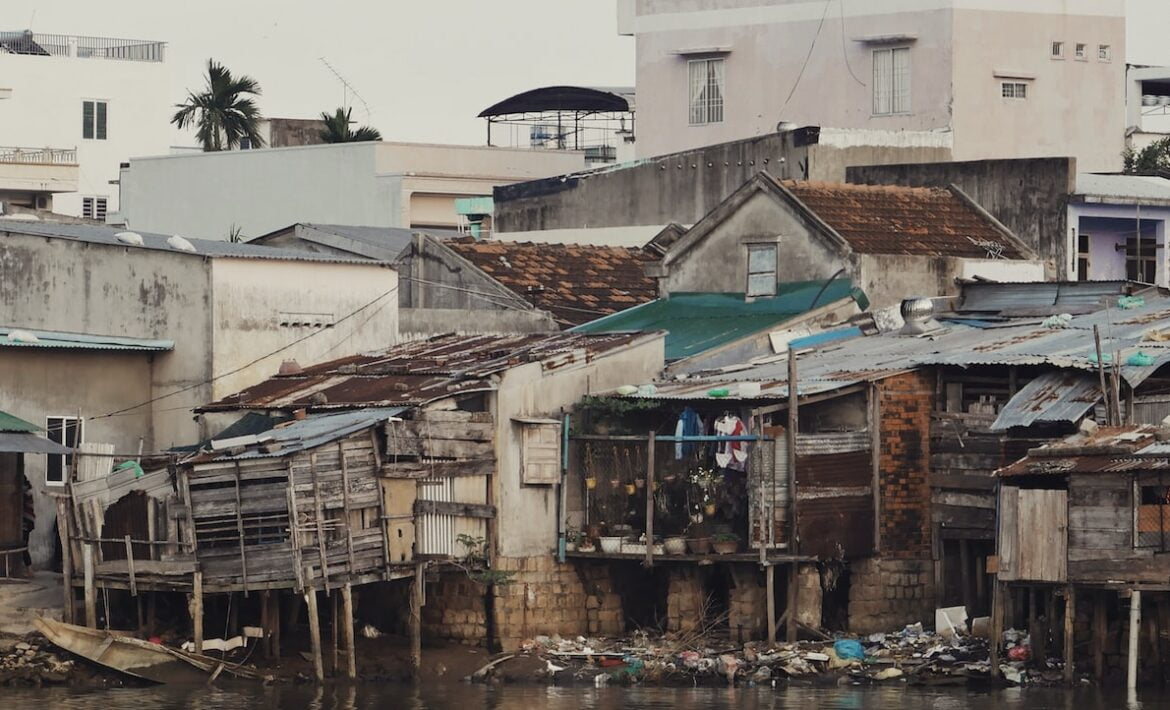
Individuals in low-income communities are more affected by inadequate waste management and resource exploitation. People who live in poverty are more susceptible to the consequences of climate risks and lack the adaptive abilities to reduce their exposure than those who have access to education
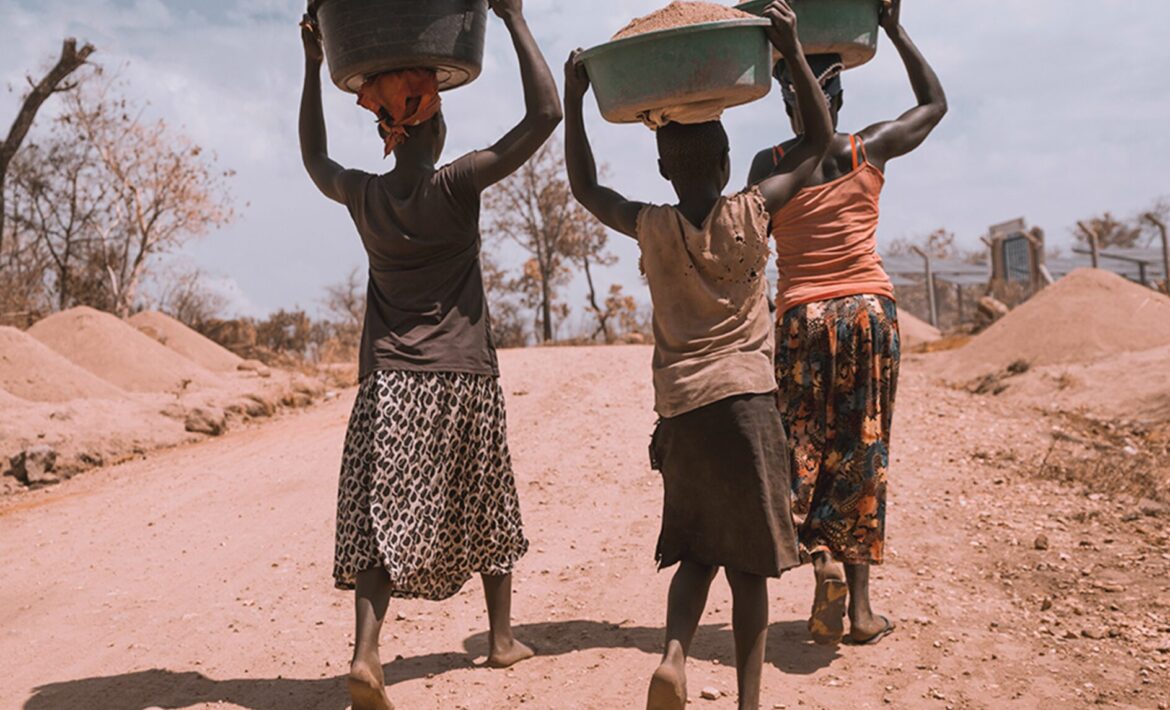
Only 18 % of appointed ministers worldwide are women. The vulnerability of women to the climate crisis is not only environmental but it is also rooted in its intersection with socio-economic and cultural factors, as well as lack of gendered policy. The inclusion of women in decision making and climate related policies is vital to combating women’s vulnerability to the climate crisis.

The increase in worldwide water temperatures creates environments where waterborne zoonoses such as schistosomiasis, cercarial dermatitis, fascioliasis, and fasciolopsiasis thrive Displacement of species into human settlements increases the risk potential of zoonotic disease Two instances where Orthopoxvirus species Alaskapox has been unearthed since 2017.
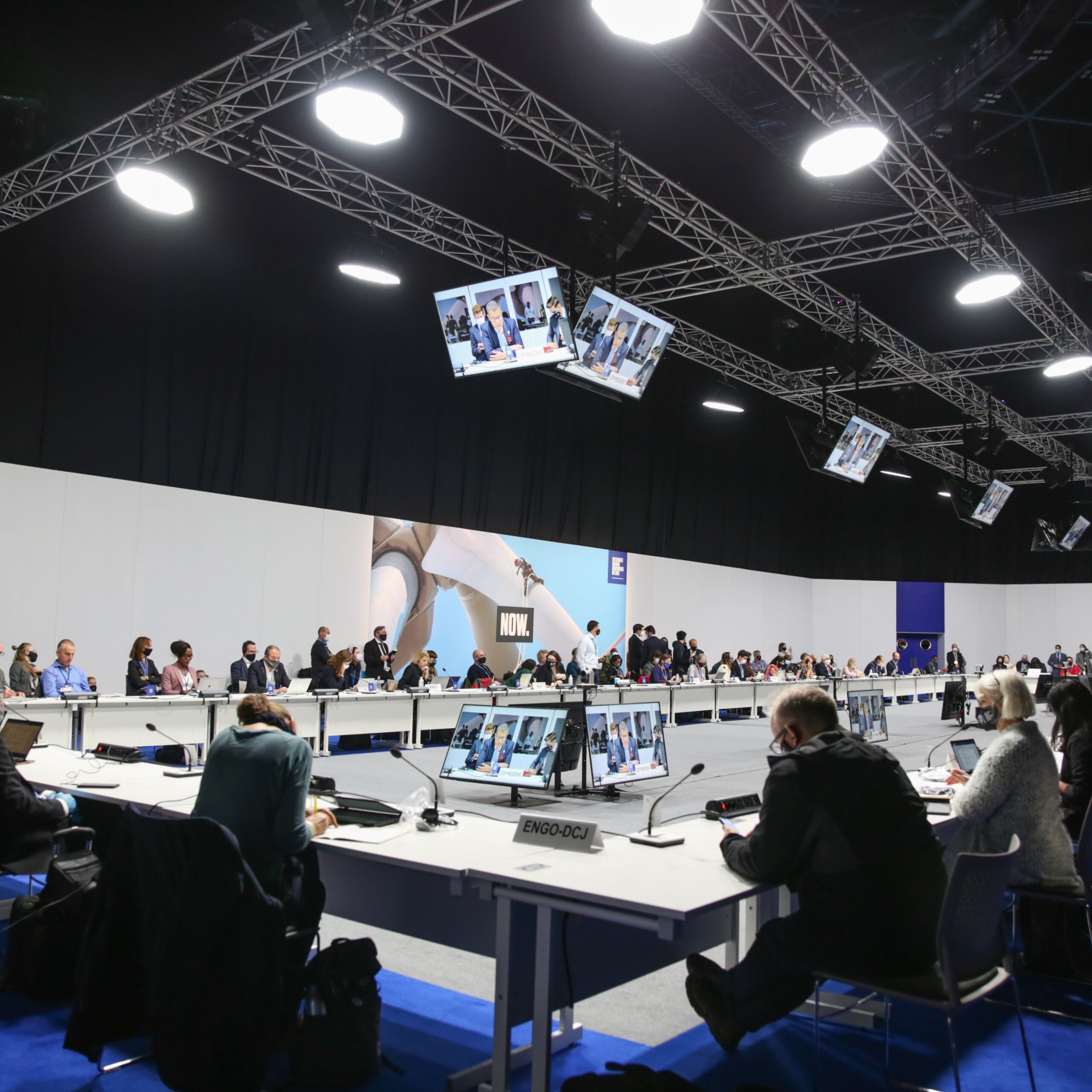
Although the Paris Agreement rules that states must all do what they can to keep global warming below 1.5°C, it does not provide binding requirements on how they should do so, in accordance with the principle of “common but differentiated responsibilities and respective capabilities”. It also does not bind corporations, who are the world’s largest GHG emitters. Although the Paris Agreement and the NDCs are the best climate framework we have been able to develop to this day, there are ways in which they could be strengthened. We could establish clear minimum emission requirements, for instance, or apply a similar framework of NDCs to large businesses.

One of the biggest challenges in setting out frameworks to address climate change is determining how to attribute responsibility and how to share the burden of emission reduction measures. Despite the fact that not all states are equally responsible for the climate crisis and do not have the same ability to respond to it, under the Paris Agreement they must all do what they can to keep global warming below 1.5°C.

As the world comes to grips with the worsening effects of the climate crisis, there has been a growing discussion about what happens to people who are forced to migrate both internally within their borders, and externally to neighboring nations.
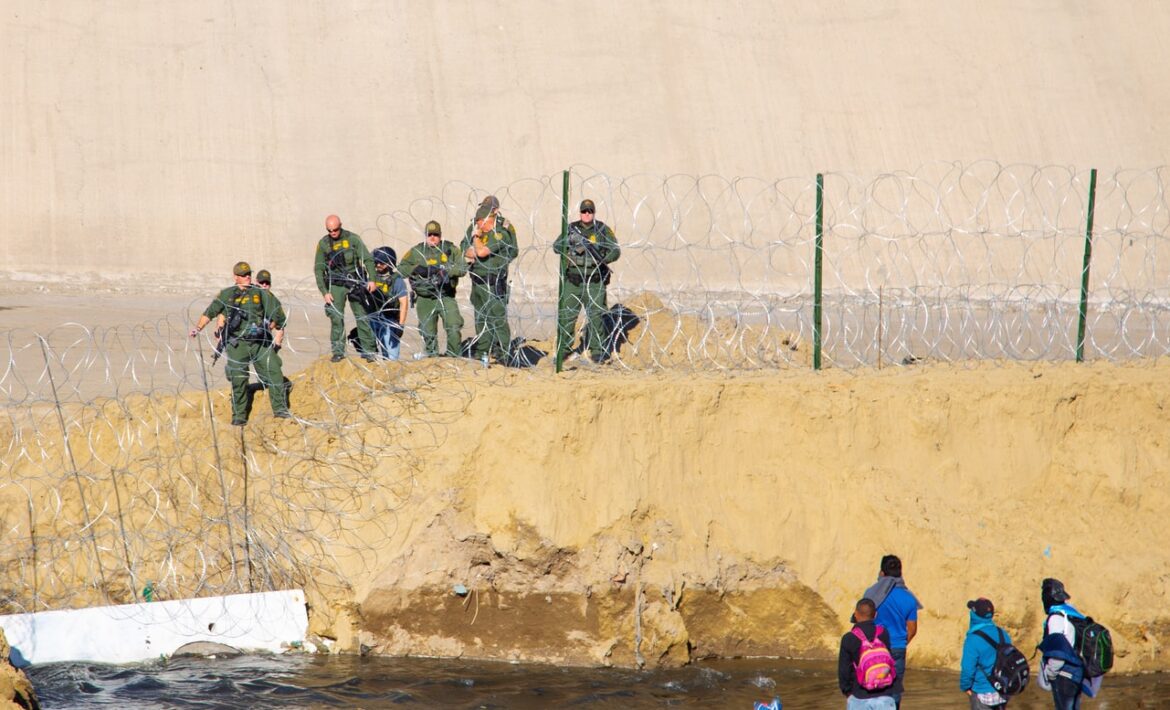
by Hayd Mohamed Climate change has widespread multifaceted effects, one of which is climate migration. The response to changes in climatic conditions and climatic hazards can lead to forced migration [1]. The widespread effects of climate change have been closely linked in playing a crucial role as a push factor for migration [6]. The adverse...